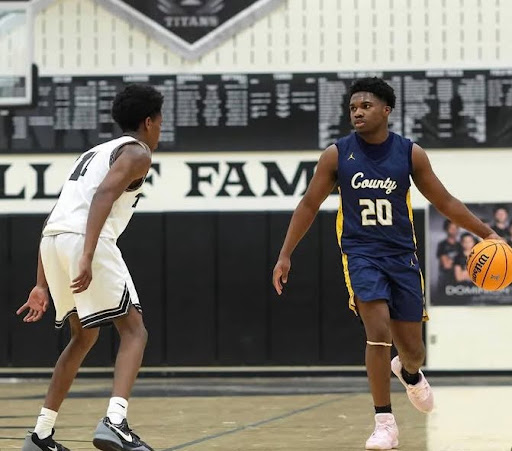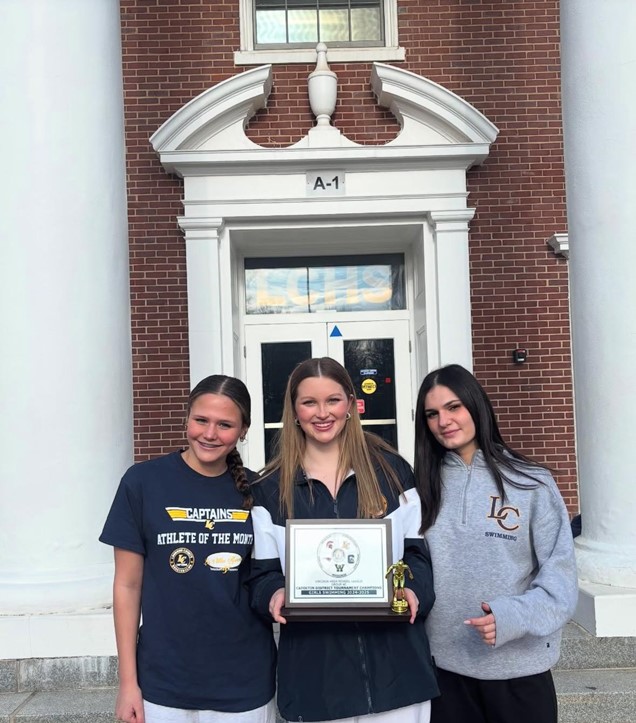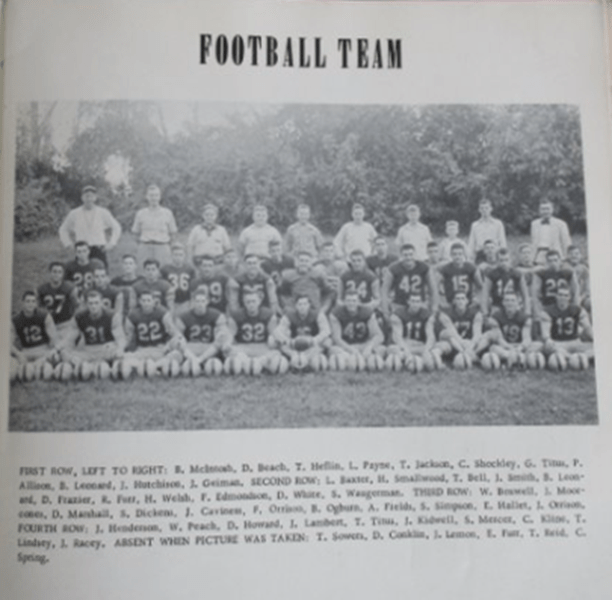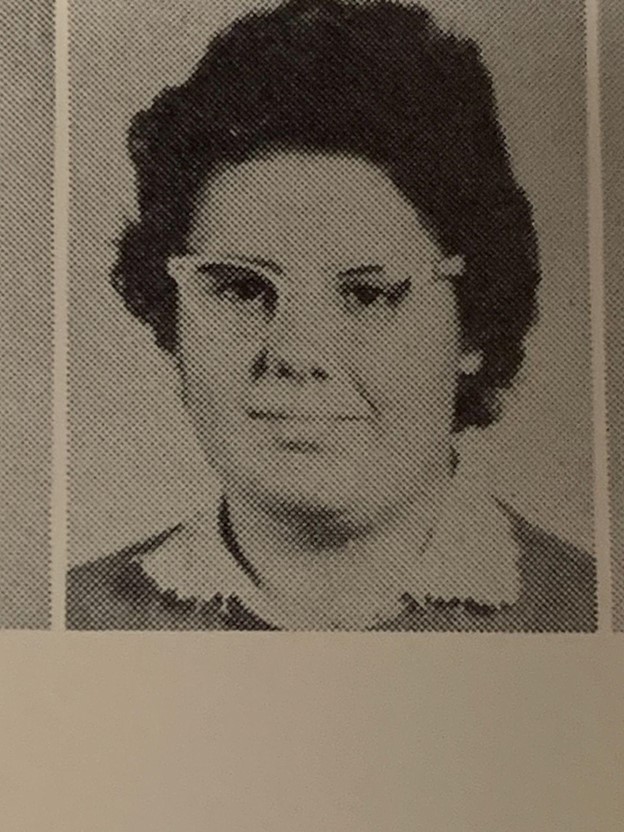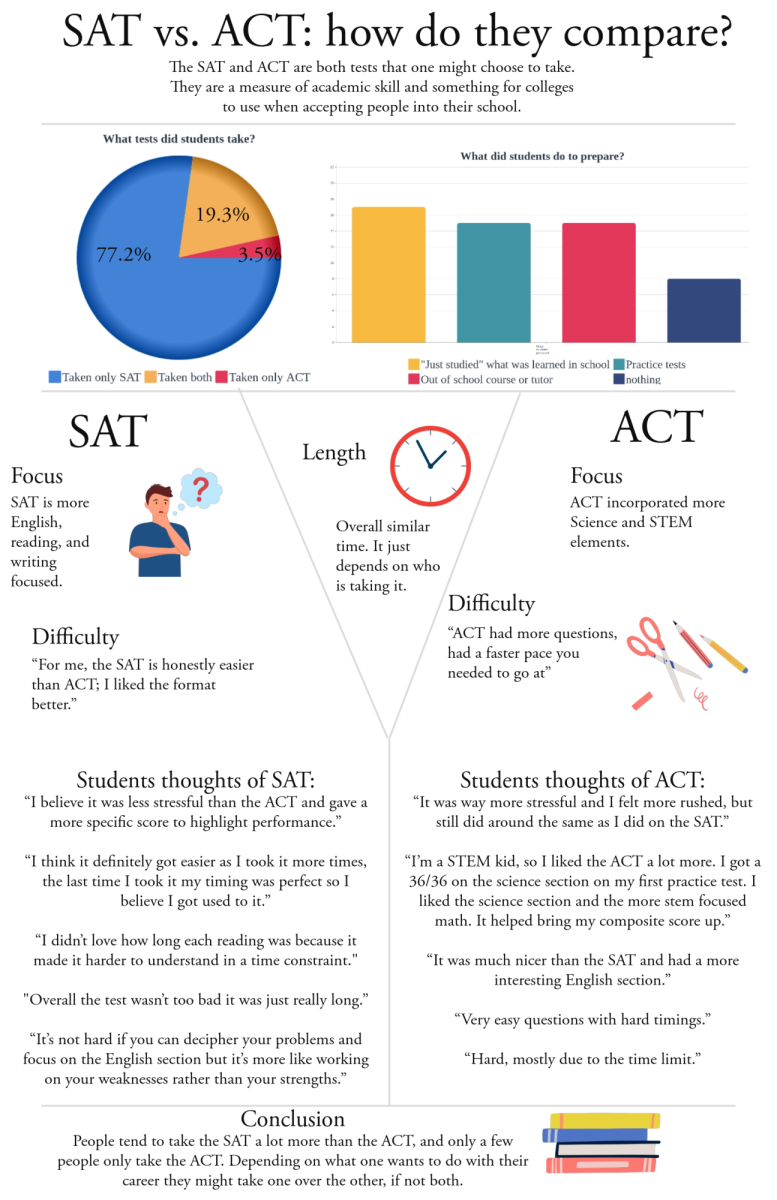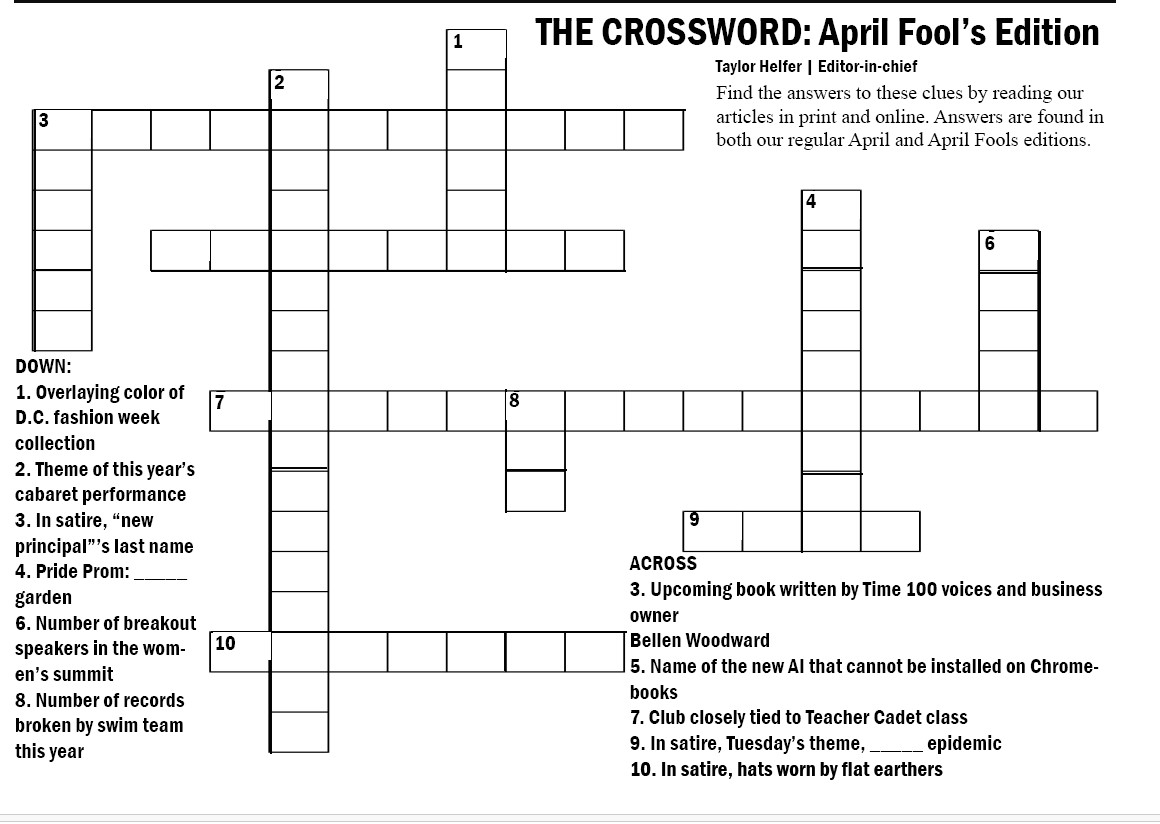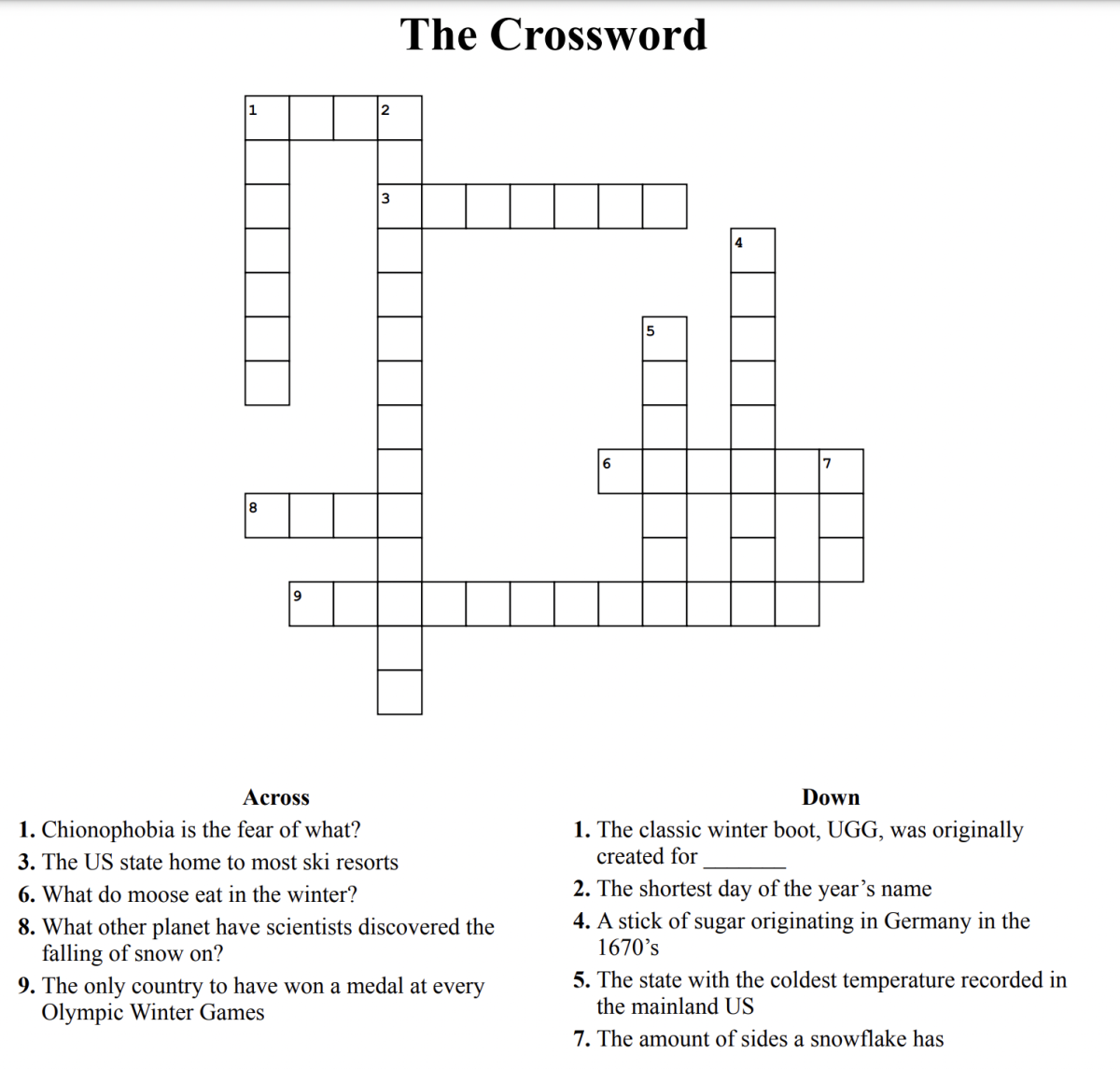It isn’t uncommon for school to be boring or monotonous. Regardless of how important the information is, when almost 90% (89.6%) of polled LCHS teachers assign independent work, the lack of interaction and stimulation can get tiring. Of our generation, an estimated 60% of students supplement their studying with music, so why don’t the majority of teachers allow this in school, and are they right to do so?
Teachers have a plethora of reasons for preventing students from listening to music, most numerous of these being the phone policy which bans headphones and earbuds. Other than that, teachers mostly cite music as being a distraction, and they have a valid argument.
Around two out of every three (60.4%) teachers at County don’t allow students to listen to music in class. To learn about the classroom management practices of teachers here while protecting their privacy and encouraging honest answers, I conducted the optional survey anonymously. “I believe it is distracting from the work at hand,” an anonymous business teacher said. An anonymous Social Studies teacher said, “It’s a distraction. You are only partially focused.”
Some scientific studies agree with the idea that music is distracting. In a study published in Frontiers by Tina Seufert and Janina A. M. Lehmann, findings suggest that background music reduces comprehension, stating, “The presence or absence of background music … influenced comprehension outcomes with no background music leading to better comprehension.” Many studies find that music with lyrics is more detrimental, aligning with teacher ideas, but other aspects of music affect comprehension, too. A study by William Forde Thompson, E. Glenn Schellenberg, and Adriana Katharine Letni revealed that, “These findings reveal that listening to background instrumental music is most likely to disrupt reading comprehension when the music is fast and loud.”
However, these studies have quiet rooms as a control variable, an unrealistic scenario especially for school. Also, different studies point to music being beneficial to studying. A study by CSU Global revealed that listening to music positively correlated with GPA, and a study by Stanford University found that “music engages the areas of the brain involved with paying attention.”
But comprehension isn’t the only issue. Music has other effects too. Music improves the mood of the listener and can have different impacts on different listeners. In the same Frontier study which found music reduces comprehension it states, “Importantly, it is not the characteristics of a song per se, but their effects on the learner which influence learning outcomes.” Sources such as Tallahassee Memorial Healthcare and a 2013 study on “The psychological functions of music listening” by Thomas Schäfer, Peter Sedlmeier, Christine Städtler, David Huron show that music helps regulate mood and emotion.
When it comes down to it, music has varying effects on individuals regardless of speed, volume, or genre. Students haven’t just been learning information from their past decade of school, but have also been learning about themselves, and are the best judges of their own happiness. Despite any productivity loss, and ignoring any possible benefits to focus, students’ enjoyment should outweigh any minor decline in productivity. This is especially true when students are bound to be fully independent in only a handful of years. They should be allowed a little control of the unintrusive aspects of their schooling.
However, as hinted at earlier, none of this actually matters. The Virginia Department of Education (VDOE), LCPS, and our school have blanket headphones bans or restrictions that are the driving force behind teachers not allowing music. These policies are not only flawed, but also somewhat contradictory.
VDOE says in their Executive order 33 (the phone policy) Guidance that “High school students shall not have a cell phone or personal electronic communication device [which includes headphones] during the bell-to-bell school day.” Obviously LCPS doesn’t abide by these advisory/target policies for instance phones and headphones are allowed at lunch and in between classes, but there are specific interpretations which Loudoun Schools do have to follow.
The Loudoun specific cell phone policy states, cell phones and earbuds must be, “silenced and put away during all instructional periods.” This is specifically separated (as they are directly adjacent) and seemingly different from the other policy on personal devices which says they, “may only be used in designated locations and at designated times [for example study hall].” One of the most prominent, uniting features of these policy guidelines is how confusing they are and how much fluff there is. Worse, essentially all of the language and justification is targeting phones and social media use, not recognizing that music has been available to students for decades.
At least for me, teachers only enforce headphone policy when it’s convenient. There have been numerous instances during this school year where my teachers have given independent work which requires headphones and other times when they won’t allow music due to the very same, previously ignored policies. I have no problem with this: the teachers know best how to lead their own classes. If teachers see music as a distraction, they should have the ability to ban it, but if teachers see it as helpful, they should also have the ability to permit it. The true problem lies with the state policy. Overarching and unwavering bans remove the ability for teachers to have control of the education they provide.
Does having earbuds really, “undermine [ ]the educational experience, and the core values we strive to uphold,” as the state claims? Is it really going against education to take notes at my own pace with a video my teacher left while they were absent? What about when I need to listen to Journalism interviews and don’t want to be a distraction? How about when my computer speakers don’t work but I have a coding project to create a music player? All of these have happened to me, and I’m only one of thousands of Virginia Students. Such overarching and confidently auspicious policies shouldn’t have a place in Virginia schools, especially with VDOE’s lack of justification.
As much as I know that music helps me tune out my much more distracting surroundings and more generally stay focused, my reasoning and research can have little to no impact. The bigger hurdle will remain advocating against the arbitrary state policies which create the bans in the first place. I left numerous voicemails and emails, none of which were answered or returned, with the Virginia Department of Education, hoping for a human to speak to to help me understand the justification for the no headphone policy. Explaining to the bureaucracy my justification for listening to music is a waste of my time, but perhaps this piece might reach the teachers of LCHS, who have proven to be more caring about providing individualized education, and perhaps they will understand that the option of listening to music during silent work is not an affront to education but rather, a chance for students to get to know themselves and their own study habits.






